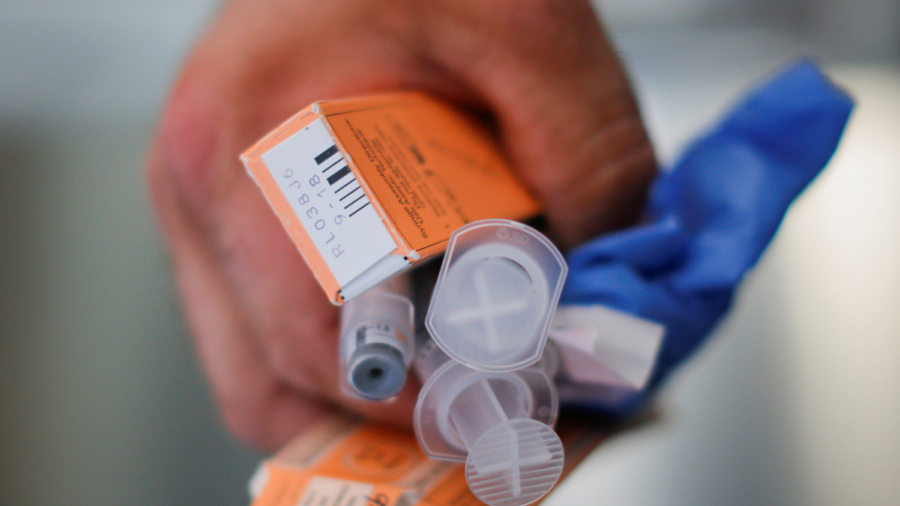![]()
A significant increase of organ donations in the United States has been attributed partly to an increase in the number of deaths among people younger than age 40 from opioid overdoses.
A new record for organ donations was set in 2017, with more than 10,000 deceased organ donors being recorded for the first time over a year.
Experts and a new study said that the increase was in part due to a rising number of deaths among people younger than typical donors, from opioid overdoses.
The study, published in April in the “Annals of Internal Medicine,” found a huge increase in the number of overdose-death donors, from 1.1 percent of all donors in 2000 (66 donors, 149 transplants) to 13.4 percent of all donors in 2017 (915 donors through nine months), CNN reported.
Over the same period, the number of trauma-death donors increased by only 1.6 percent per year and the number of medical-death donors increased by only 2.3 percent per year, versus 17 percent per year for the overdose-death donors.
Looking at the state level, the study authors found that overdose-death donors accounted for at least 10 percent of the donors in 29 states, with high percentages in Massachusetts (35.6 percent), New Hampshire (32.4 percent), and New Jersey (25.7 percent).
Dr. Joseph Africa, director of the Charleston Area Medical Center transplant program, told West Virginia Public Broadcasting that he has seen a big increase in overdose-death donors.
“Probably close to a third of our deceased donor transplants from last year came from overdose donors,” he said. “And for this year alone I think it’s even higher—it may be two-thirds of our deceased donors.”
Not only have the donors increased overall, but many of the new donors are younger than the typical donor, meaning their organs are usually healthier than the organs that doctors often work with for transplants.
“When you’re younger, your organs have not been exposed to things like high blood pressure, cholesterol or diabetes. So, when you’re younger, the health of your organs is better than when you are older,” Ginny McBride, the executive director of Translife Organ and Tissue Donation Services, told Fox 35.
McBride called the overdose-death donor development “a new pathway of organ donation,” and noted that many of the people who overdose are younger than age 40.
A study by the Alachua County Medical Society confirmed that people who die from drug overdoses are more likely to be younger and healthier than those who die from stroke or heart-related disease, reported The Gainesville Sun.
“Donors who die from drug overdose typically have no medical comorbidities [coexisting medical conditions] that would preclude donation, thus making them good candidates for donation,” Jackie Owens, executive vice president of the society, wrote this year in the society’s news journal.
Recommended Video:

